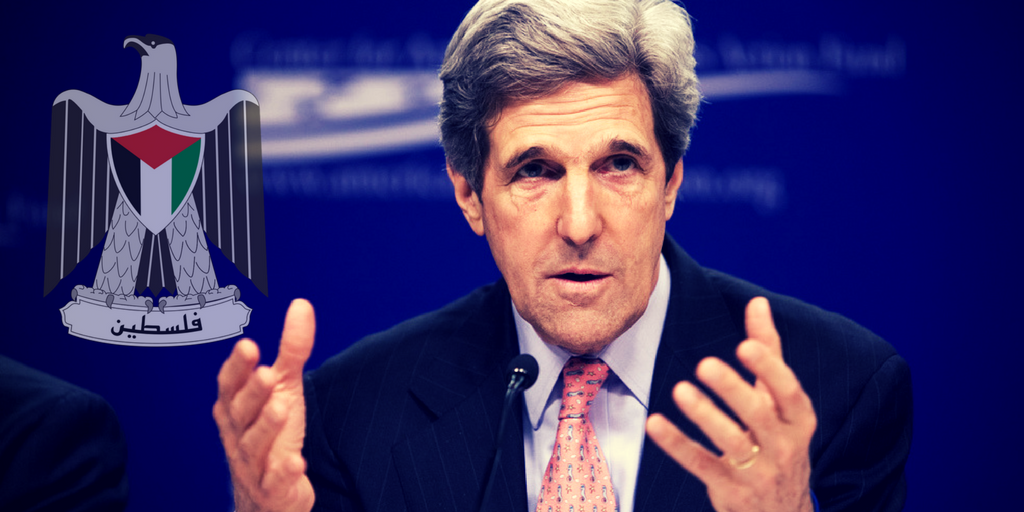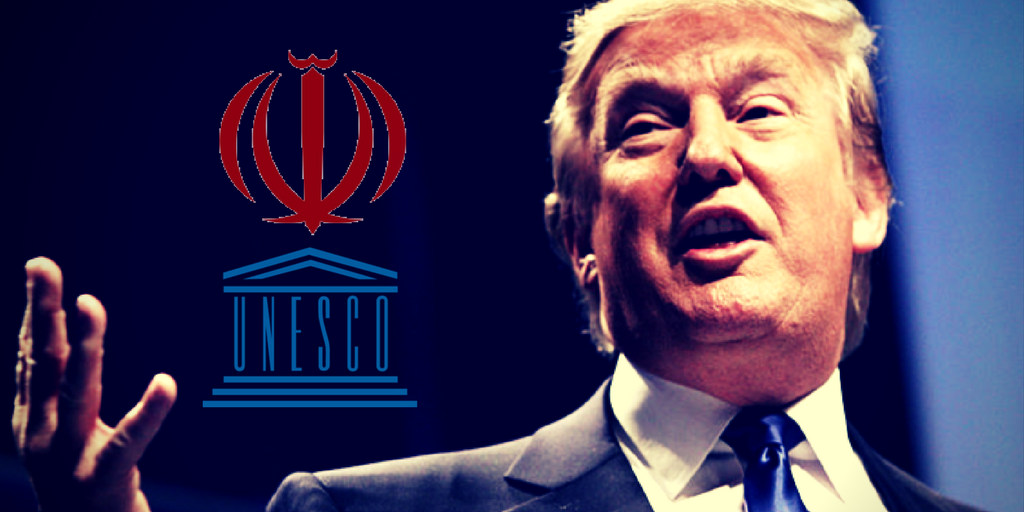While the case for the President colluding with Russia has come to be seen by most Americans as a witch hunt with very little legs, another issue of collusion seems to be creeping up.
The former Secretary of State, John Kerry has been reportedly working behind the scenes with the “Palestinian” leadership or let’s say it appropriately, colluding with the Palestinian Authority in hopes of obstructing the sitting President’s attempt at brokering a peace deal.
A report in Maariv, which was quoted by the Jerusalem Post said the following:
Kerry asked Agha to convey a message to Abbas and ask him to “hold on and be strong.” Tell him, he told Agha, “that he should stay strong in his spirit and play for time, that he will not break and will not yield to President Trump’s demands.” According to Kerry, Trump will not remain in office for a long time. It was reported that within a year there was a good chance that Trump would not be in the White House.
Kerry offered his help to the Palestinians in an effort to advance the peace process and recommended that Abbas present his own peace plan. “Maybe it is time for the Palestinians to define their peace principles and present a positive plan,” Kerry suggested. He promised to use all his contacts and all his abilities to get support for such a plan. He asked Abbas, through Agha, not to attack the US or the Trump administration, but to concentrate on personal attacks on Trump himself, whom Kerry says is solely and directly responsible for the situation.
According to the report, referring to the president, Kerry used derogatory terms and even worse. Kerry offered to help create an alternative peace initiative and promised to help garner international support, among others, of Europeans, Arab states and the international community. Kerry hinted that many in the American establishment, as well as in American intelligence, are dissatisfied with Trump’s performance and the way he leads America. He surprised his interlocutor by saying he was seriously considering running for president in 2020. When asked about his advanced age, he said he was not much older than Trump and would not have an age problem.
While everyone has the right to their opinion, it escapes me why John Kerry’s actions do not constitute a crime, especially since he is actively pursuing a 2020 run.








